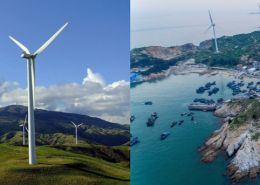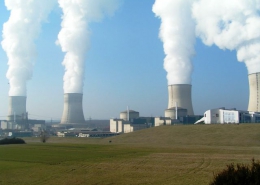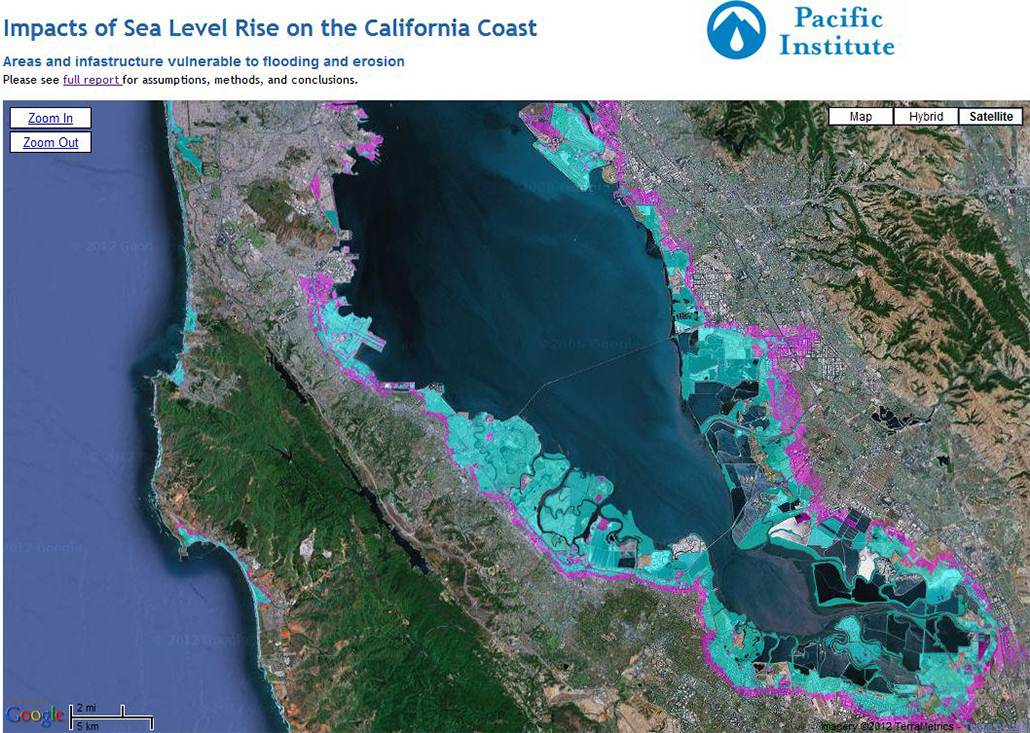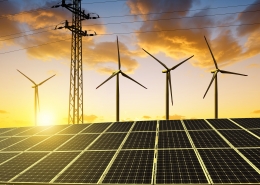Clean Energy and Climate Policy for U.S. Growth and Job Creation
An Economic Assessment of the American Clean Energy and Security Act and the Clean Energy Jobs and American Power Act
Place: United States • Date: 2008 • Partner: National Resources Defense Council
Project Summary
Climate change is the greatest challenge facing humanity in the 21st century. Without determined global action to reduce atmospheric concentrations of greenhouse gas emissions over the next four decades, scientific evidence suggests that carbon- intensive patterns of economic growth run a high risk of dangerously altering the earth’s climate system.
As a leader in energy technology development and the largest contributor to the current stock of greenhouse gases in the earth’s atmosphere, the United States has an essential leadership role to play in international efforts to mitigate climate change. Exemplifying this leadership, in March the U.S. House of Representatives introduced the American Clean Energy Security Act (ACES), a detailed federal plan to reduce greenhouse gas emissions, and passed the act in June 2009.
Federal climate policy will have different implications for different states and should ultimately be designed to account for and address these differences. The U.S. is a complex patchwork of diverse state and local economies that reflect disparities in geography, climate, population, resources, and historical development paths. These physical and historical differences contribute to a broad spectrum of energy and carbon intensities across states and are important factors in determining the state-level economic impacts of a federal climate policy.
This analysis provides a state-by-state assessment of the economic implications of this kind of comprehensive federal climate policy, focusing on an interpretation of ACES.
This assessment was conducted using the Environmental Assessment in General Equilibrium (EAGLE) model, a new state-of-the-art forecasting model that projects the longer-term economic impacts of climate legislation on each of the 50 states and on the U.S. economy as a whole. EAGLE details economic interactions within and between each of the 50 states to assess the impacts of combining a limit on greenhouse gas (GHG) emissions with complementary energy efficiency and renewable energy policies. Three overarching conclusions follow from the EAGLE analysis:
Main Findings
- All 50 states can gain economically from strong federal energy and climate policy, despite the diversity of their economies and energy sources. Though states may differ on the supply side, they all have significant opportunities to grow their economies on the demand side by promoting energy efficiency.
- Contrary to what is commonly assumed, comprehensive federal climate policy does not benefit the coasts at the expense of the heartland states. In fact, heartland states will gain more by reducing imported fossil fuel dependence because they are generally spending a higher proportion of their income on fossil fuels, which have a low employment, high price risk supply chain.
- By 2020, the country as a whole can gain 918,000 to 1.9 million jobs and household income can grow by $488 to $1,176 under comprehensive federal energy and climate policy. By aggressively promoting efficiency on the demand side, alternative energy policies can be combined with a cap on GHG emissions to yield net economic growth and job creation.
A federal climate policy package could promote state-level economic growth by adopting three climate strategies in unison: GHG mitigation via market-oriented restrictions on total GHG emissions; energy efficiency; and renewable energy development and deployment. An important finding of this research is that more carbon dependent economies have more to gain from climate action.
Most Recent Entries

California and China: Leadership for a Low Carbon Future

Roadmap on the Prospects for GMS National Scaling and GMS Regional Coordination of Agrifood Traceability Schemes





